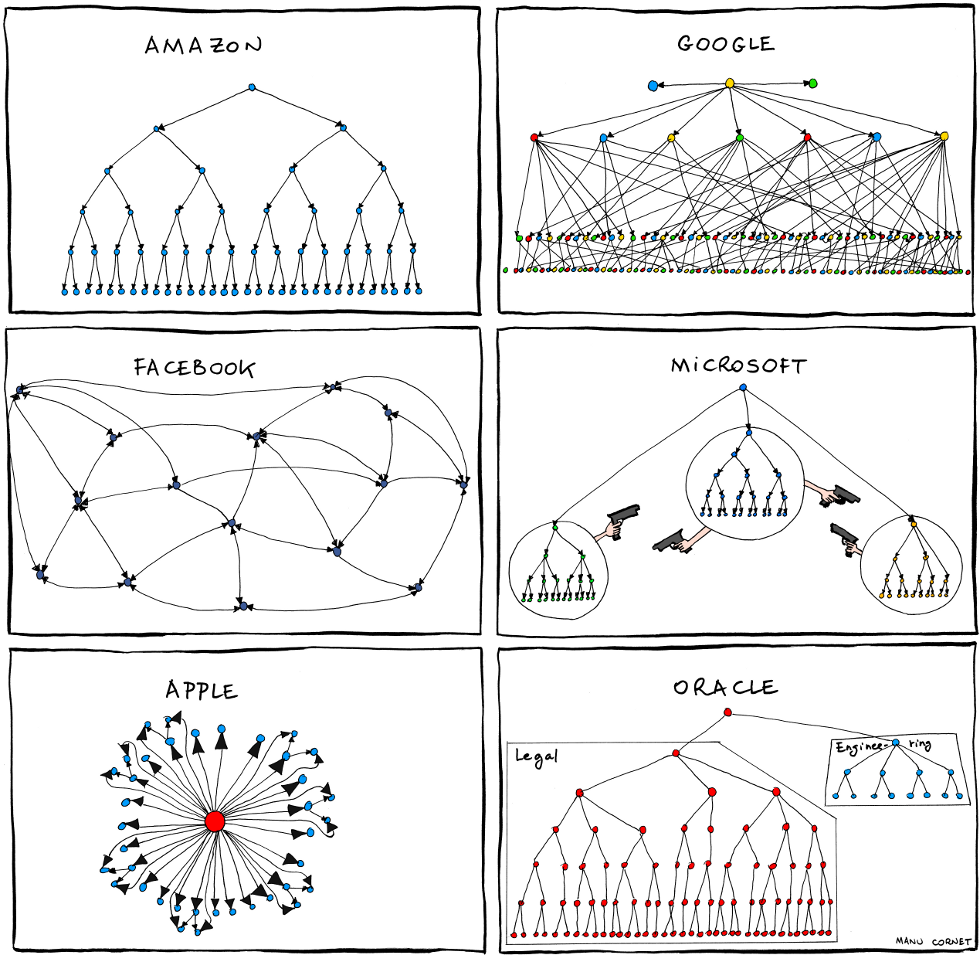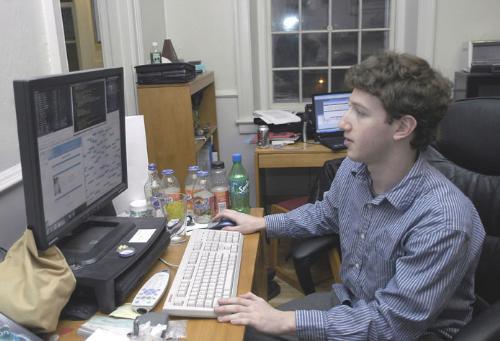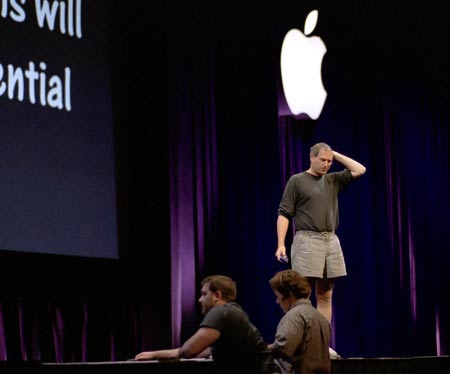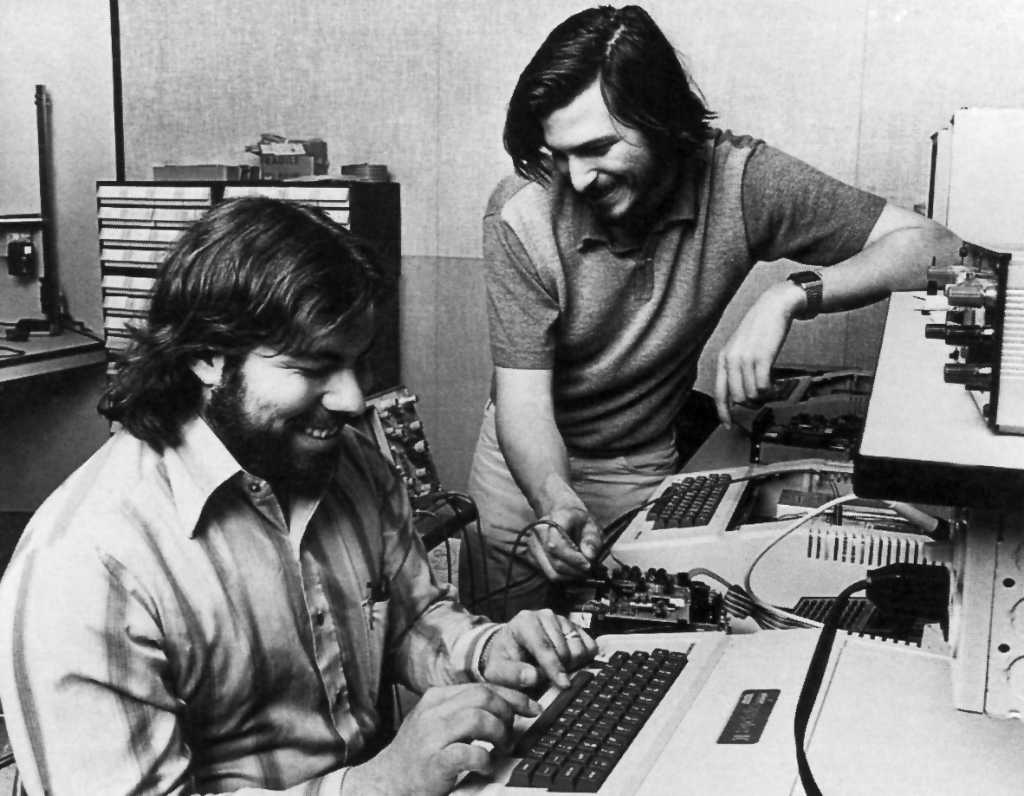
Companies are mind-expansions of their founders
Companies get built in the images of their founders - the term I prefer to use is “mind-expansion”. Though the above is a humourous caricature, it is great art in that is painfully true . The thought processes, ideas and values that play a role in a founders personal life have a strong bearing on the founders professional life - which for a typical founders spans their entire company.
What makes you unique are your flaws and biases.
These are both your advantage AND your disadvantage.
Someone with a bias is someone who will push limits and try things differently. So someone with a strong bias will push against limits even harder.
Eg: Basketball.
The basket in a game of basketball is 10ft high.
A tall player (6 ft+) will try to score by jumping higher and focus on landing the ball in the basket directly - almost like how you’d keep some furniture on a really high rack.
On the other hand a short player (but one who is equally determined to score tons of baskets) will instead concentrate heavily (much more heavily than the tall folks) on throwing precise shots because they don’t have the same height advantage.
A dis-advantage (less height) leads to a new approach (precise long shots) which turns into an advantage (being able to score from far off).
This saga of disadvantages turning into advantages plays out inside companies.
A geek founder will be biased towards spending a few extra hours on the weekend, coding things up themselves and pushing the product to perfection as opposed to buying something off the shelf.
 A marketing savvy founder will be biased towards labouring over each word and pixel of the marketing message as opposed to just hiring an agency and getting it done.
A marketing savvy founder will be biased towards labouring over each word and pixel of the marketing message as opposed to just hiring an agency and getting it done.

Gene pool diversity and survival
Because the “mind” of a founder plays such an important role in the structure and consequently the processes & strategy of an organisation - it is quite reasonable to worry that this will lead to the development of a warped organisation that serves the founders needs as opposed to the organisations goals - a phenomenon more succinctly known as founders syndrome.
And that’s why the diversity of the founding gene pool matters.
You can reduce the risk of a venture if the initial gene pool (aka the founding team) has complementary advantages and disadvantages.
You know what I’m talking about ;)
 It’s a concept I first encountered while reading up on the philosophy of Khosla Ventures and the their idea of gene pool engineering. Vinod Khosla has said that he spends more than 50% of his time recruiting, going on to further say that he is just a glorified recruiter.
It’s a concept I first encountered while reading up on the philosophy of Khosla Ventures and the their idea of gene pool engineering. Vinod Khosla has said that he spends more than 50% of his time recruiting, going on to further say that he is just a glorified recruiter.
How does diversity translate to advantages/profits for a company?
A diverse gene pool brings diverse perspectives.
- Allow diverse perspectives to surface.
- Allow diverse ideas to emerge from those diverse perspectives
- Allow those diverse ideas to square off on an equal footing
- Allow the best idea to win
- PROFIT!
These 5 lines are easy to write down but if you’ve argued with someone whose mental models are different, you’ll know it is really difficult. Having a fair argument is hard because the other person just doesn’t “get it” . That difficulty gets amplified a thousand times when you try to put it into the culture of an organisation.
Time and again we see companies lose not because of resources drying up but because they’re stick to their old playbook while the world around them changes. This applies not just to big fat multi-nationals but to everything from 1 person artist to a small startup finding traction to a startup trying to scale - businesses across scales tend to show some level of self-similarity. “Looking beyond yourself” or adhering to “What got you here won’t get you there” or what the business guys call “innovation” is a scale-invariant problem for businesses.

